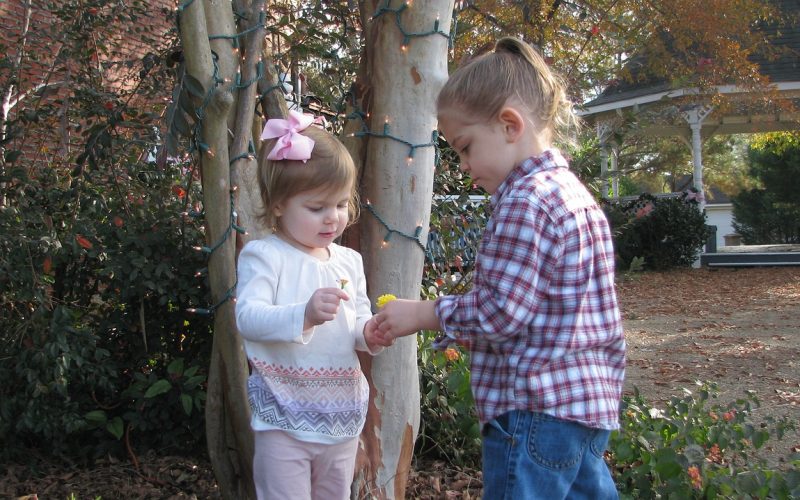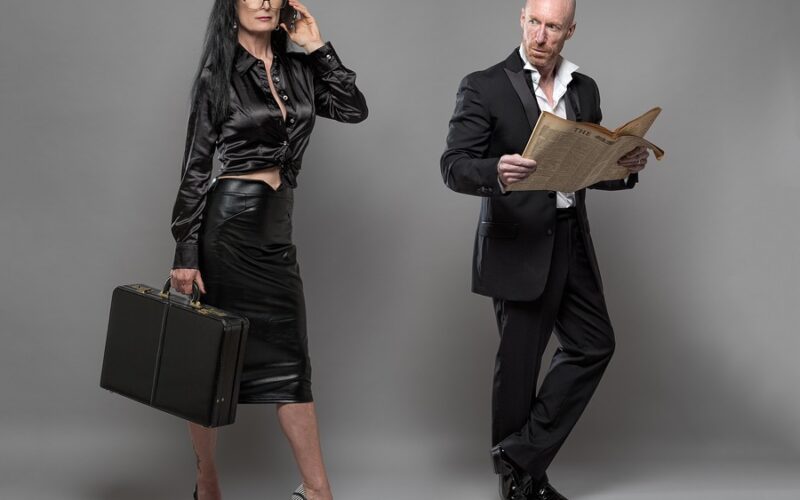Recognising a Harmful Partner
Not all unhealthy relationships start that way. Sometimes, toxic behaviours creep in over time, slowly eroding trust, respect, and emotional well-being. It can be difficult to pinpoint when things begin to go awry, especially if these behaviours are subtle or excused as normal conflicts. However, by identifying certain patterns or actions, you can better understand whether your partner is deliberately—or inadvertently—turning the relationship toxic.
They repeatedly undermine your confidence
A key hallmark of a toxic relationship is when one partner begins to chip away at the other's self-esteem. This can manifest in ways that might not seem obvious at first. For instance, they might constantly criticise your choices, demean your accomplishments, or make belittling comments disguised as humour. Over time, these actions can make you doubt yourself, leading to feelings of inadequacy.
Take note if your partner rarely acknowledges your achievements or downplays your strengths. Healthy relationships should lift you up and celebrate your wins, not diminish them.
They manipulate conversations and shift blame
Partners who are turning a relationship toxic often avoid taking responsibility for their actions by deflecting blame. If you bring up something that upset you, they may twist the narrative to make it seem like it’s your fault or accuse you of being overly sensitive. This form of manipulation, often referred to as gaslighting, can leave you questioning your own feelings or memory of events.
Watch out for dismissive phrases like, "You're imagining things," or "You're blowing this out of proportion." Communication in a healthy relationship should feel open and constructive, not like walking on eggshells.
They isolate you from your support network
One of the most troubling signs of a toxic relationship is when a partner attempts to isolate you from friends and family. They might make you feel guilty for spending time with loved ones or insist on monopolising your schedule. This behaviour often stems from a desire to control and limit your access to outside perspectives, leaving you more emotionally dependent on them.
Take notice if your partner discourages you from maintaining relationships outside of them or speaks negatively about the people you care for. Healthy partnerships thrive when both individuals maintain a connection to a broader support network.
They use controlling behaviours to dominate decisions
Control is a common factor in relationships that turn toxic. Your partner might begin assuming control over aspects of your life, such as your finances, career choices, or even how you spend your free time. These behaviours might start subtly—for instance, by giving unsolicited "advice" that becomes more like demands.
Pay attention to patterns, such as your partner pressuring you to prioritise their needs over your own or discouraging your independence. A balanced relationship values mutual empowerment, not control.
They constantly create unnecessary drama
Another red flag is a partner who thrives on chaos or intentionally stirs up conflict. They might start arguments over trivial matters, exaggerate issues, or refuse to forgive and move forward. This constant drama drains emotional energy and often results in a cycle of tension and reconciliation that feels exhausting.
Healthy disagreements are normal in relationships, but persistent and unnecessary conflict is not. If disagreements don’t lead to understanding but instead escalate toxicity, it may be time to re-evaluate.
They disrespect your boundaries
Boundaries are essential in any healthy relationship, but a toxic partner will often disregard them. This might include pushing you to share private information you're uncomfortable revealing, violating your privacy, or pressuring you to conform to their expectations. These actions signal a lack of respect for your autonomy.
Remember, a healthy partner will understand and respect your boundaries without coercion. If your concerns and preferences are consistently dismissed, it’s worth addressing why.
Trust your gut and seek support
If you recognise some of these behaviours in your partner, it’s crucial to trust your instincts. Toxic patterns often thrive in relationship dynamics where one person feels unable to speak up or take action. Making a relationship work shouldn’t come at the cost of your emotional or mental well-being.
Seek help from trusted friends, family, or a therapist to gain clarity and support. Taking these steps can empower you to make decisions that prioritise your happiness and personal growth. Remember, every relationship should nurture and support both individuals, not tear them down.










